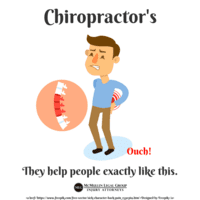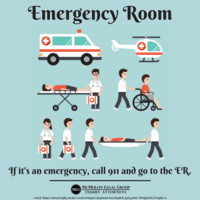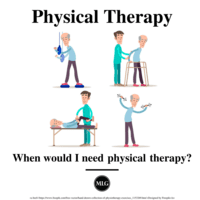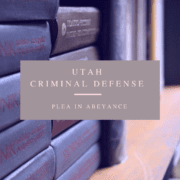Chiropractor
Chiropractor
This article discusses the basics of the chiropractic profession, focusing on the particular types of treatments a chiropractor offers.
What is a chiropractor?
A chiropractor is a healthcare professional who specializes in diagnosing the spine, neck, and muscles, with the addition of treatment for such diagnosis. A chiropractor’s focus is to treat pain and discomfort in the spine and neck; which focus is primarily to balance of the spine and nervous system. All chiropractors must go to a Chiropractic School and graduate. Also, in many states, these graduates must pass a national test in order to begin their practice. A chiropractor uses their hands for manipulation of the spine and neck; manipulation of the spine can result in a ‘popping’ sound, which is a change of pressure and the release of gas in the joint.
What Injuries do they treat?
The injuries that a chiropractor treats can vary depending on the person. Some of the injuries that a chiropractor treats include but are not limited to:
- Back/Neck pain
- Headaches and Migraines
- Injuries from Sports
- Auto Accident Injuries
Most of the injuries that a chiropractor diagnoses and/or treats are related to the neck, spine, or muscles. They can diagnose or treat many other illnesses or pain.
What treatment do they use?
The treatment a chiropractor uses can vary depending on the chiropractor’s preference, or how they were trained in chiropractic school. There are some common techniques for treatment, including but not limited to:
- Decompression of the Spine – this helps with herniated discs in the spine.
- MiRX Nasal Spray – this is supposed to relieve headaches and migraines.
- Spinal Adjustment – this helps realign the spine and help with pain
- Massage Therapy – this helps blood flow in the muscles and range of motion
The treatment that chiropractors use on their patients is mostly natural.
Practicing
Typically, a chiropractor will open up their own clinic, or join one or a few other chiropractors in a clinic. Chiropractors have one common goal: to help their patients with pain and discomfort. The way they do that is through treatment mentioned above.
Coverage
Since chiropractors services are medical, insurance can cover visits, with a common co-pay. Subluxation is an illness where the discs in the spine become swollen or irritated and the joint becomes inflamed. Medicare covers the correcting of the spine due to subluxation. What is not covered by Medicare is massage therapy, acupuncture, or X-Rays.
Is it safe to visit a chiropractor?
No health treatment is free of negative effects on the body, but a chiropractor uses natural remedies to treat illness and pain, and are known as some of the safest and non-invasive therapy choices for musculoskeletal illness and pain. Migraines and headaches can be treated via neck manipulation by a chiropractor help increase mobility in the neck and is very safe.
Massage Therapy
There are several types of massages to treat injuries including but not limited to:
- Sports – focuses on the treatment of sports-related muscle injuries.
- Deep – focuses on a slower, more focused massage for deeper layers of muscle.
- Swedish – focuses on relaxation and energy muscle therapy.
- Trigger Point – focuses on a targeted area to help relieve pain and discomfort.
The massaging of the muscles for therapy is quite useful for the treatment of muscle pain. Some chiropractors use massage therapy for treatment. However, some chiropractors will refer patients to a massage specialist if their condition is confined to muscles only. Massage therapy focuses on the blood flow of the muscles, as well as the tightness and soreness of the muscles. Massage therapy can be very relaxing. It can be very beneficial for patients because the massage therapist is able to address any muscle tension directly. Pain relieving medicine temporarily relieves pain, while massage therapy focuses on addressing the pain directly and permanently.
Children
Children can benefit from chiropractic care, and it is safe to do so. Many children are active and as a result, some children get injured. When an injury results in back/neck pain, or even muscle spasms or discomfort, a chiropractor would be beneficial. A chiropractor adapts their treatment to each individual patient.
Aftermath/Soreness
Because of the nature of the treatment from chiropractors, some soreness may be present after your appointment. The spine, neck, and muscles may not be used to this sort of treatment. This soreness usually means that the treatment is working, but when your body changes it needs to adjust.


















